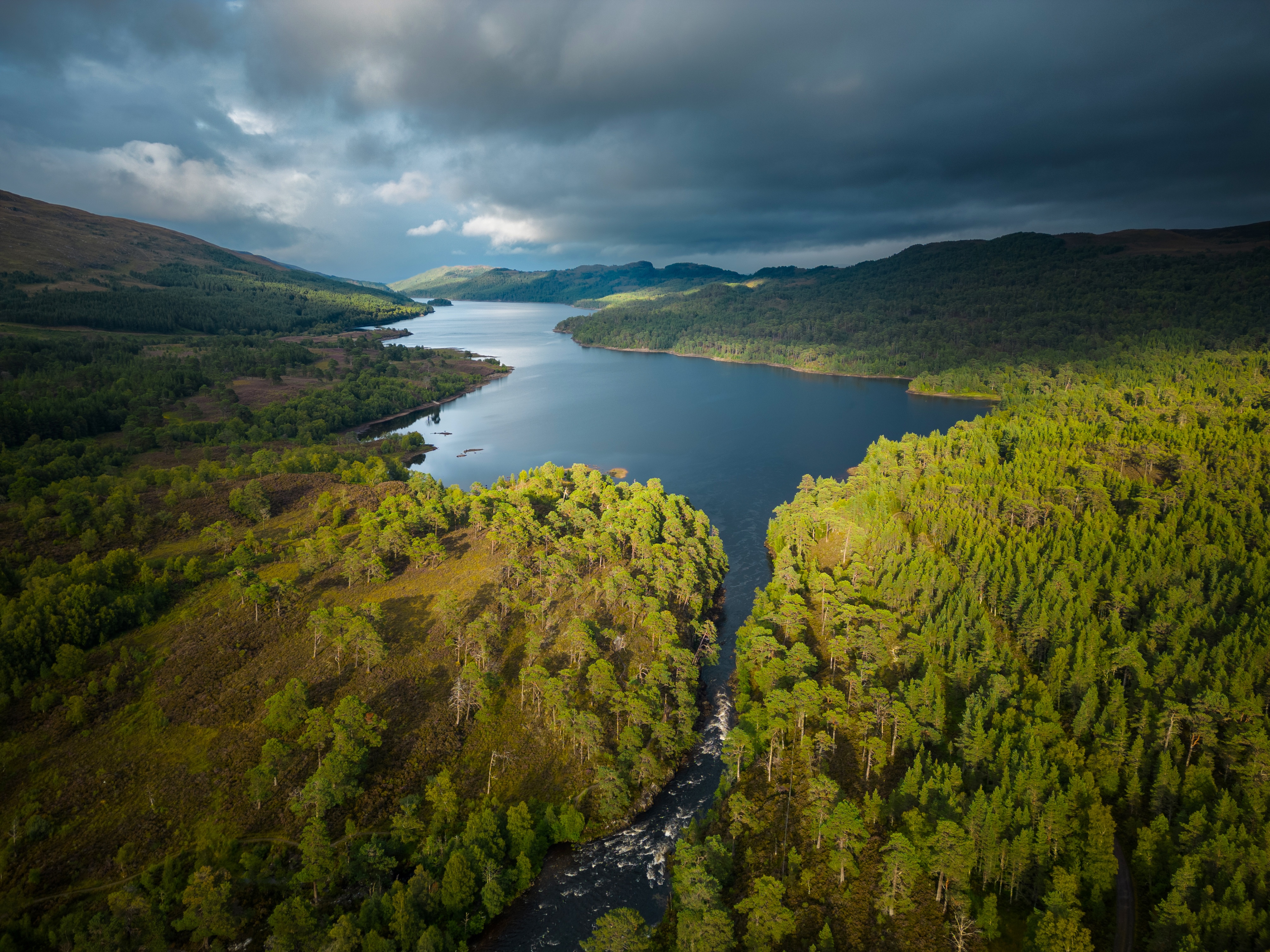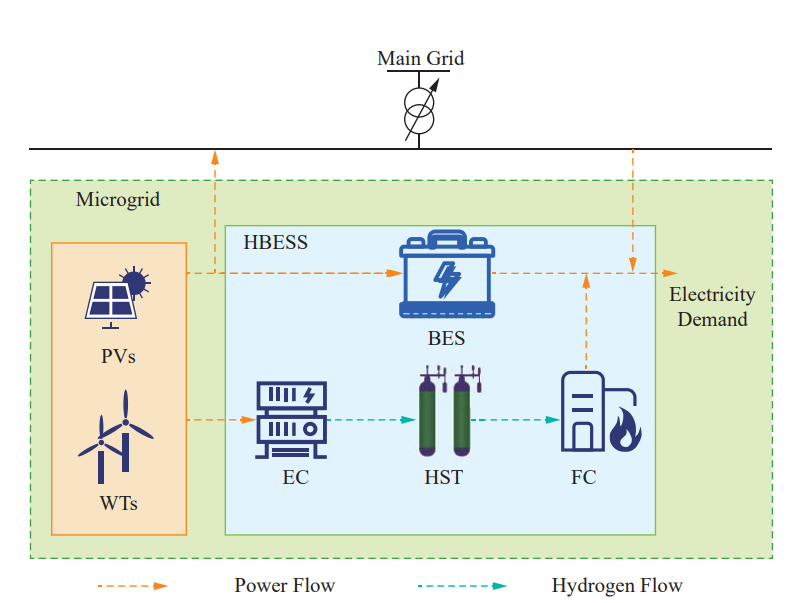A bid to nominate Affric and Loch Ness as Scotland’s third national park has been launched, with organisers saying the area’s globally important natural and cultural heritage deserves protection and celebration.
The partnership behind the proposal says the area of the Scottish Highlands is one of the world’s most beautiful places, and national park status would benefit current and future generations.
It would empower local communities, and open up economic opportunities including nature-based jobs, allowing people of all ages to keep living and working in the area, they say.
Strathglass Community Council, supported by a range of partners, is leading the national park nomination, which would include part of Loch Ness and Trees for Life’s Dundreggan Rewilding Centre in Glenmoriston to the south, Kintail to the west and Beauly to the east.
The community council, supported by Government appointed consultants, is seeking stakeholder and community engagement and consultation before submitting its full nomination. A series of local events will be held later this month, and local people and visitors to the area can make their views known via a new website, NewNationalPark.org.
The Scottish Government has promised to create at least one new national park by 2026, and the current nomination process closes on 29 February 2024.
Scottish national parks aim to conserve and enhance the natural and cultural heritage of outstanding world-class landscapes with special qualities. National park status also promotes the understanding, enjoyment and sustainable use and development of the area. Local people have a greater say in decisions affecting the park compared with other areas.
The Affric and Loch Ness National Park partnership believes the new national park will promote sustainable tourism and visitor management to an area which includes Glen Affric, a 30-mile nature reserve with ancient Caledonian pine woodland, that is widely regarded as one of the most scenic glens in Scotland.
They say a national park designation will also create sustainable employment and housing opportunities in these rural communities, and provide access to funding and infrastructure to protect and enhance the landscape and improve biodiversity.
The nomination has already attracted support from partners and stakeholders including Trees for Life, UHI Inverness, the Institute for Biodiversity & Freshwater Conservation, Highland Councillors, local community councils and community companies, and local business owners.
Humphrey Clarke, Chair of Strathglass Community Council, said: “We are leading on the nomination process and want to hear and represent the views of local people and stakeholders. We believe Affric and Loch Ness National Park would enable local people to protect and enhance our natural environment for future generations, while providing opportunities for sustainable employment and housing.
“The area is already popular with visitors, providing an important income stream in rural areas, and national park status would provide access to funding and empower local people.”
Steve Micklewright, Chief Executive of Trees for Life, said: “A new national park, centred on Glen Affric and extending to Loch Ness and the west coast, could enable nature restoration on a major scale in this stunning landscape of mountains, glens, lochs and ancient forests – helping biodiversity to recover and locking carbon in trees and peatland to help with the climate crisis.
“The investment that nature recovery will generate, coupled with governance involving local people, could unlock the area’s potential for local communities and visitors alike – creating a vibrant local economy that serves all who live and work in the area. Trees for Life is proud to be a partner in this initiative and is committed to support the proposal as it develops.”
Professor Chris O’Neil, Principal and Chief Executive of UHI Inverness, said: “As the local provider of further and higher education, as well as world-class academic research, we strongly support the nomination for Affric and Loch Ness National Park and are delighted to contribute our expertise to the consultation process.
“A national park designation would enhance and protect our natural environment and heritage, and we believe that would advance our own academic and social goals and contribute to the wider wellbeing. We also believe it would help retain and attract young people by creating sustainable employment and housing opportunities.”
For details of forthcoming consultation events, visit NewNationalPark.org.
Ends





